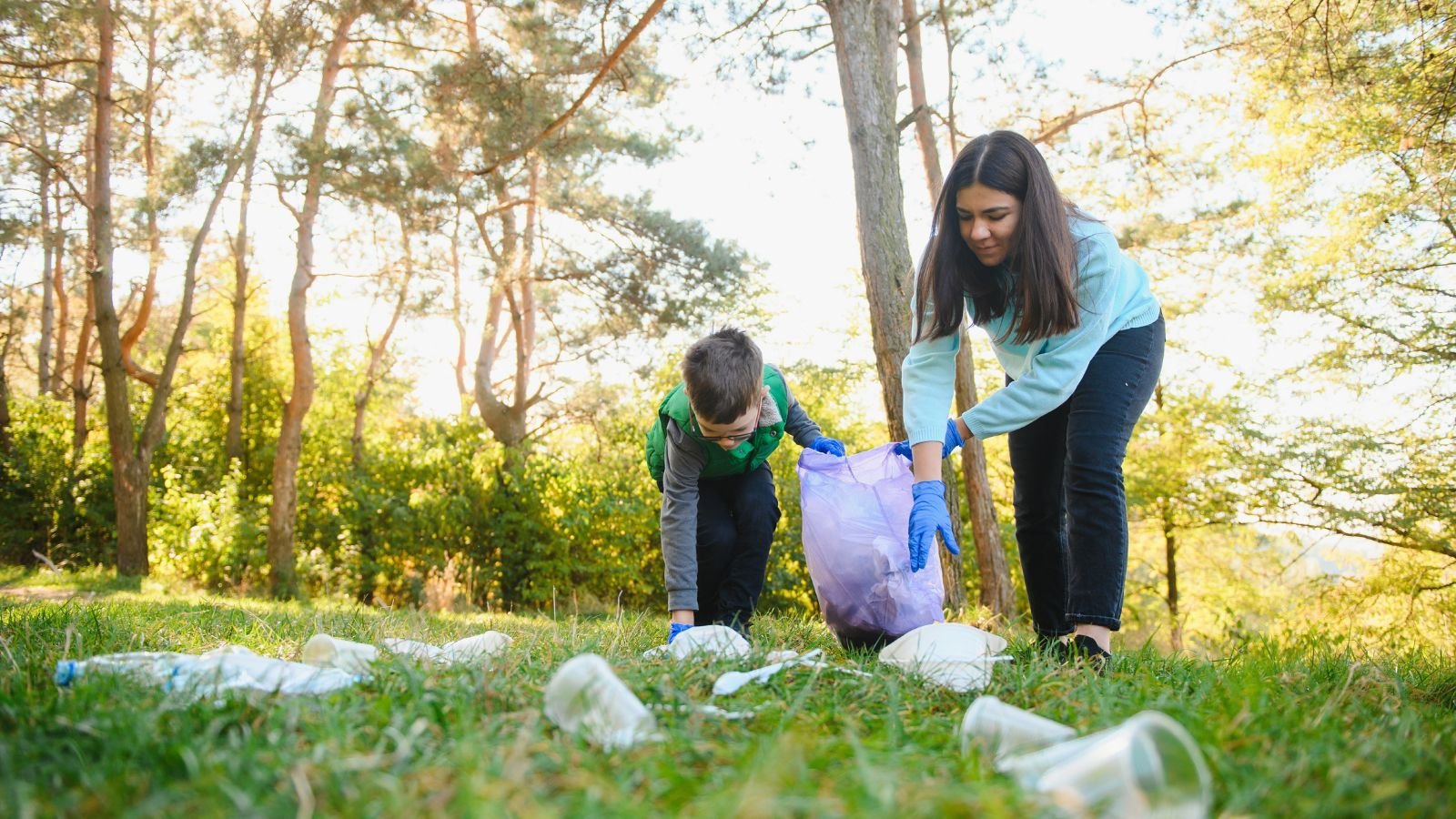As generations pass, societal norms and practices evolve. This sometimes renders the customs of our ancestors almost unrecognizable. It offers a glimpse into how much our world has transformed.
Buying Newspaper Everyday

It was once routine to buy a newspaper each morning before work. However, the rise of online news and increasing costs have led to a decline in the circulation of print newspapers. Older generations may still prefer traditional newspapers. However, in the present day, most people consume news from digital sources. This has made daily purchases rare.
Car Without Child Seat

The improvement of child safety in vehicles has developed significantly over the years. Nowadays, regulations require the use of age and size-appropriate car seats. This is a significant change from the past when children often rode unrestrained, even playing in the car. Such measures have greatly reduced fatalities and injuries among young passengers.
Wearing Gendered Clothes

In the past, strict dress codes reinforced gender roles. There used to be specific clothing designated for men and women. Over time, societal changes have blurred these lines which allows freedom of personal expression. Laws enforcing gender-specific clothing have been obsolete. This reflects a broader acceptance of diverse identities and styles.
Checking Cash Before Going Out

Before the widespread use of credit and debit cards, people heavily relied on cash for everyday transactions. The advent of secure electronic payment methods transformed how people pay for goods and services. In the present day, having large amounts of cash is not necessary. Digital transactions have become the norm.
Smoking in Restaurants

Smoking in public places which included restaurants used to be common. This changed in the 1990s when smoking sections were introduced. This was followed by a complete ban on smoking in many places. These laws, initially met with resistance, are now widely accepted. This step was taken to reduce the rates of smoking and to prevent non-smokers from getting harmed due to passive smoking.
Throwing Plastic Bottles Away

Recycling was not always a common practice. Increased awareness of environmental issues has led to the development of recycling programs and a focus on reducing plastic waste. Plastic production has skyrocketed with an expected 600 billion tonnes to be produced by 2025. Efforts to promote recycling aim to mitigate the environmental impact of single-use plastics.
Getting Fresh Milk Delivered to Your Door

Milk delivery was once a daily routine. The milkman would bring fresh milk directly to homes. The convenience of modern refrigeration and supermarket availability has made this service almost obsolete. A few traditional delivery services still exist. However, most people now purchase milk as part of their regular grocery shopping.
Abusing People with Mental Health Issues

Historically, mental health was often treated with harsh methods. It even included confinement in asylums. Families could have relatives institutionalized, and the treatments were frequently inhumane. Today, there is a greater emphasis on compassionate care and medical treatment with a proper understanding of mental health.
Going to a Public Bath

Public baths were once essential in cities where private bathrooms were uncommon. These communal facilities provided a place for hygiene and socializing. With the widespread installation of in-home bathrooms in the mid-20th century, the need for public baths diminished.
Using Harmful Beauty Products

Historically, some beauty products contain harmful substances. Women even used toxic substances like arsenic to achieve a flawless look. Today, with advanced scientific knowledge, the use of such dangerous ingredients is unthinkable. Modern beauty standards prioritize safety and health. It ensures that cosmetics are free from harmful chemicals.
Implementing Corporal Punishment at School

Corporal punishment in schools used to be a common method of discipline. Such practices are largely banned today and considered ineffective. Modern educational approaches emphasize non-violent methods and respect for children’s dignity. It reflects a significant shift in how society views child development and discipline.
Excluding People Based on Ethnicity or Religion

Legal segregation by ethnicity or religion was a harsh reality in many places until the mid-20th century. For instance, Jim Crow laws in the United States and Apartheid in South Africa enforced racial separation. However, such practices today are illegal, though challenges remain in achieving true equality and integration.
Leaving Children Unsupervised

In the past, it was not uncommon for children to play outside without adult supervision. Today, heightened awareness of child safety has changed this. Parents are now more likely to be charged with neglect if they leave their children alone for extended periods. As a result, it is rare to see kids wandering the streets alone at any time.
Going to Mass Every Sunday

Regular church attendance has significantly declined in modern, secular societies. In the U.S., mass attendance has dropped by 30% dramatically over the last few years. While certain events may temporarily boost religious participation, overall trends show a move away from traditional religious practices.
Watching Movies at Specific Times

There was a time when watching movies required being in front of the TV at a scheduled time. Now, streaming services have made it easier to watch movies anytime and anywhere.
This shift has revolutionized media consumption. It has made scheduled programming a thing of the past.
Having Tooth Pulled by Barber

Before modern dentistry, barbers often performed tooth extractions. Dental care was rudimentary and specialized dental professionals were rare. Today, dentistry is a highly specialized field. Nobody can imagine having their tooth pulled by a barber. This highlights the advances in medical and dental care.
Smoking on a Plane

Until the early 2000s, smoking was permitted on planes with designated smoking sections. Over time, airlines began to ban smoking, starting with international flights. By 2015, a worldwide ban on smoking during flights was in place. This reflected the global shift towards smoke-free environments and improved passenger health.
Being Bled by a Doctor

Bloodletting was a common medical practice based on the belief that it could cure various ailments by balancing bodily humor. However, after the 17th century, advances in medical science shed light on this practice. In today’s world, bloodletting is recognized as ineffective and often harmful. It has been replaced by evidence-based medical practices.
